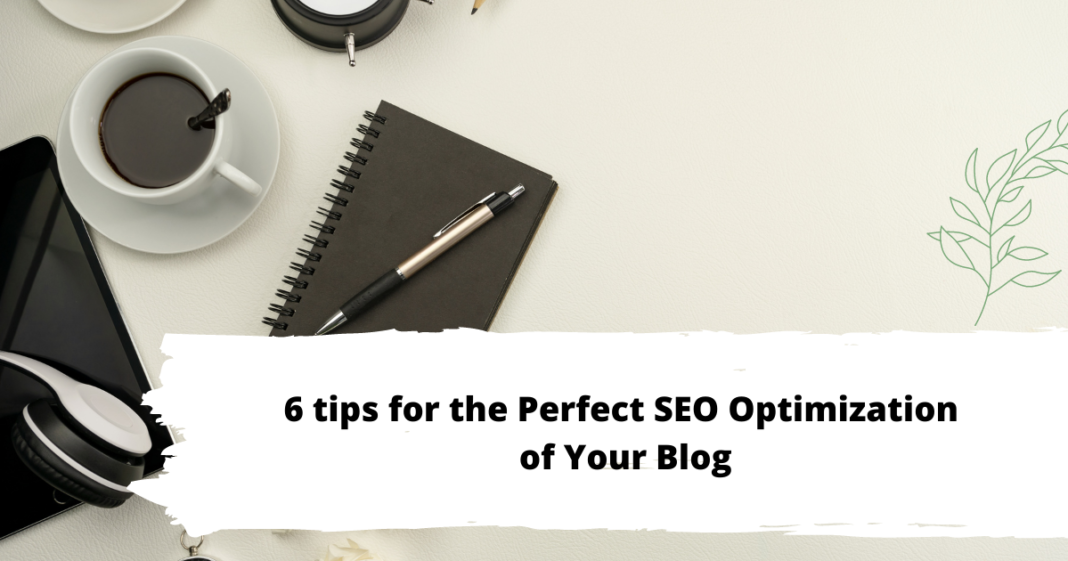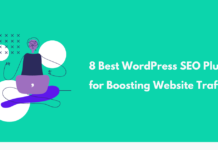Why Search Engine Optimization tips are so Crucial for Student Blogs
You need to have an understanding of search engine optimization (SEO) if you want to know how to make your blog famous. Without it, search engines won’t be able to find your blog, which means you won’t have any visitors coming to your site. Your website will see a significant boost in its exposure as a result of search engine optimization. Your page will be placed higher in the search results, which will result in an increase in the number of visitors that you get.
In addition, SEO makes it possible for search engines to more swiftly read your blog once it has been made available to them. In the next sections, we will focus on Google due to the prominence of the search engine, but the SEO advice presented here is applicable to other search engines.
The time commitment for top SEO company India is rather low. Utilizing this method is not too complicated or difficult in any way. We are all aware that students don’t have nearly enough time in their schedules to compose blog entries or complete any other kind of writing project. The vast majority of pupils have worries such as “write my project in a professional manner and with a high degree of attention to detail.” One approach is to engage a professional writing service, and another is for them to seek assistance from your blog. In order to do this, you will need to make effective use of keywords, and your blog has to be at the top of SERP!
Students in the UK have been provided the assistance of some of the top authors in the country. They are able to aid you with a variety of jobs, and some of them will even help you with blog entries when you are in a need. No matter what kind of assignment you need help with, you can be certain that the material will be original.
Required Search Engine Optimization Elements For Student Blogs
There are a few crucial SEO aspects that may differentiate an ordinary blog from a professional one. These qualities make up the difference. You will, by the time you finish reading this essay, have a comprehensive understanding of them, and you will be able to use them as appropriate.
Only if the blog’s material is of very high quality can quality SEO for blogs be successful. Search engines will evaluate the quality, and your page’s ranking will be adjusted appropriately. Posts that are poorly written will not be listed in the search engine results pages at all!
Structure
After you have finished creating your blog, you may go on to this stage. You are going to need to make advantage of ALT text, add links, and optimize the title and subtitles. In addition to this, you are going to need to generate a meta title and a meta description. In spite of the fact that this seems to be a very difficult process, carrying it out is really fairly simple.
Performance
This aspect plays a significant part in the year 2020. The speed of your blog, the kind of photos it utilizes, and whether or not it can be viewed on mobile devices like smartphones and tablets are all factors that search engines will evaluate. Any service that you use must be compliant with these conditions.
6 Important Search Engine Optimization SEO Tips for Student Websites and Blogs
Here are a few search engine optimization (SEO) strategies that you need to commit to memory if you like writing and creating blogs. They are common sense for experienced people, yet mastering them may make a significant improvement for novices. Don’t lose sight of the fact that each and every one of them matters.
1. Make Sure You Use the Right Keywords, and Be Sure to Include Long-Tail Keywords

The first piece of advice I have for you about search engine optimization for your site is something that should go without saying: be sure to select appropriate keywords. Because search engine optimization (SEO) is predicated on keywords, it is important that you make use of the terms that will have the most influence and provide you with the most beneficial outcomes. Carry out some research; there are a number of websites that may assist you in finding the most relevant keywords to use.
It is required that the principal keyword be utilized in heading 1 (H1), the introduction, and the conclusion. This works well for entries that are between 500 and 600 words long. It is recommended that you add it one or two times more if you are creating an article that is 1000 words long.
Long-tail keywords consist of a phrase or any individual phrases that are blended into one. To get the most out of your SEO efforts, use both of them in each article.
2. Stay away from using an excessive amount of keywords.
Until not so long ago, you were required to employ 30 keywords for every 1000-word content. If you overuse terms in your content, search engines will now rank it far lower than they otherwise would. It will be quite clear that you are overusing keywords, trying to force SEO, and that the quality of your material is not your major focus! Because of this, you should strive to utilize as few keywords as possible in your content. This number is three to four for every 500 words, and it ranges from five to seven for every 1000 words. Don’t overlook the importance of including any supplementary, long-tail, or less significant keywords.
3. Include ALT Text to Images
![]()
The alternative text (ALT) that is used to describe a picture provides context for the search engine. Because search engines cannot see pictures, they rely on language to determine what the image is supposed to represent. If you want to get the most out of your search engine optimization efforts, you need to make sure that every picture on your website or blog has an accompanying ALT tag.
4. Insert Backlinks Whenever Possible

It is essential that your blog provide links that direct users to other relevant blogs and websites. Always include links to websites with a high level of authority. Your blog will become more comprehensive as a result of this, which will also result in an increase in the number of visitors you get. In addition to that, you have to have links that direct readers to your blog. To make a difference in the search engine results page rankings, gaining authority via the acquisition of backlinks pointing to your site will take some time and patience, but it is an activity that is worth engaging in.
5. Write Longer Posts
It is not suggested that you write a brief post of just 200 to 300 words. You won’t gain any results from using it, and other users won’t share it with you either. You should go for lengthy postings of up to 2500 words if at all possible. However, they are difficult to understand and need much justification. Aim for posts between 500 and 1000 words in length. They are simple to read, don’t take a lot of time to write, and are able to offer the whole of the information that the reader needs. As a matter of thumb, you should never attempt to create a post that is less than 500 words long.
6. Use Social Media

Even while this isn’t really a piece of advice for SEO, it is nonetheless of the utmost significance. You may greatly increase the number of people that visit your website by using any and all social media channels. There is no need to make use of paid advertisements or any other techniques of marketing since all that is required is a social media profile that is updated on a consistent basis.
Conclusion
You may make a significant improvement to your student blog by using the SEO advice and strategies that are provided in this article. If you want your blog to perform better, attract more traffic, and deliver better information to search engines and readers, implement the recommendations that have been discussed above. These suggestions are straightforward and uncomplicated in their use, yet they carry with them significant advantages. The above information was provided by Post For Success team after a deep search











